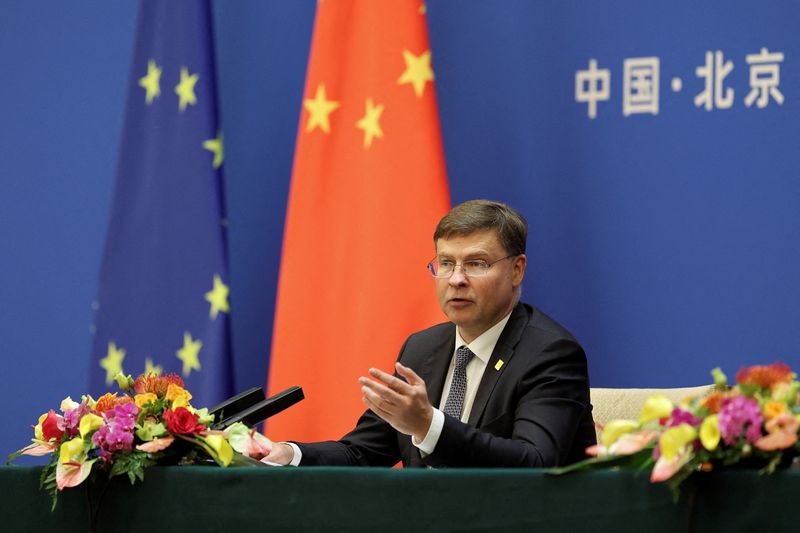Twenty tech companies have joined forces to sign a “Tech Accord to Combat Deceptive Use of AI in 2024 Elections,” with the goal of identifying and countering misleading AI content to protect over four billion voters.
Leading technology firms, including Adobe, Amazon, Google, IBM, Meta, Microsoft, OpenAI, TikTok, and X, have made a commitment to combat the deceptive use of AI in influencing the 2024 elections. This announcement was made at the Munich Security Conference (MSC) on February 16, 2024, demonstrating a collective effort to address a critical issue affecting democratic integrity.
The “Tech Accord to Combat Deceptive Use of AI in 2024 Elections” aims to tackle the rising concern over AI-generated content that could mislead voters, especially in a year when over four billion people in more than 40 countries are expected to vote.
The accord includes commitments from the signatories to develop and implement technology to detect and mitigate harmful AI-generated content, such as misleading audio, video, and images related to political figures or election processes. By leveraging their technological expertise, these companies seek to create a safer online environment for political discussions.
Key commitments involve creating open-source tools to combat deceptive AI content, evaluating the risks associated with AI models, and strengthening collaboration across industries to counter these threats. Additionally, the signatories have pledged to engage with global civil society and academia, support public awareness initiatives, and provide transparency about their efforts to combat misinformation.
This partnership marks a crucial step in protecting elections from the negative impacts of AI. Ambassador Dr. Christoph Heusgen, Chairman of the MSC, commended the accord as a significant initiative for promoting election integrity and trust in technology. Representatives from Adobe, Amazon, Google, IBM, Meta, Microsoft, OpenAI, and TikTok echoed this sentiment, emphasizing the importance of security, trust, and media literacy in addressing AI challenges.
Image source: Shutterstock






















